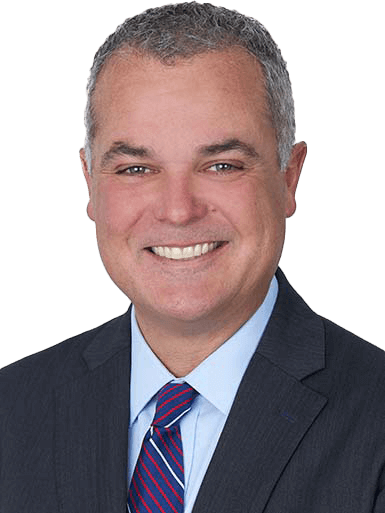From The Desk of Andrew Hammond
Different times throughout the year provide different opportunities to explore certain personal financial planning strategies. At the end of the year, it’s taxes and Required Minimum Distributions (RMDs). But many of our conversations this time of year are about benefits. As we think about personal financial planning and benefits, consider the Health Savings Account (HSA). HSAs make it easy to set aside funds pre-tax and make withdrawals tax-free at any time for qualified medical expenses. It’s something my wife, Becky, and I have done for the past 20 years.
If you have a high-deductible health plan, which means your deductible is above federal levels, you may make deposits into an HSA either through your employer or a vendor, such as Fidelity or Schwab. The funds invested in an HSA can then be used for medical bills now or left in the account, where they continue to grow.
When we started our family, Becky and I stayed on separate health insurance plans so we could take advantage of this. She was on her HMO, and I signed up for a high-deductible healthcare plan that would allow me to save in an HSA with the goal of reaching a certain threshold by the time we retired.
An HSA is not only healthcare empowering because it gives you the control to make informed decisions about your healthcare needs and spending priorities but it also provides a triple tax advantage. First, the money you invest in an HSA is tax-free if you use an employer-sponsored plan. Second, you also enjoy tax-free growth. And third, distributions are tax free as long as they’re used for qualified medical expenses.
HSAs are powerful tools that can benefit anyone—including those closer to retirement when an HSA becomes increasingly important. In fact, I’m seeing clients in early retirement who are capitalizing on their HSA cache to cover healthcare costs in between retirement and Medicare or to augment their Medicare benefits.
Becky and I view our HSA like a 401(k) and part of long-term planning. Consider this: What is this HSA for? Maybe you’re just starting a family and know there will be a hospital bill for the birth or braces down the road. Or, maybe you’re like me and want some money set aside—because I do believe healthcare will be very expensive when we get to retirement. I want to have a chunk of money that my wife and I can draw upon in retirement. We’ve certainly dipped into it when our kids needed braces. But there’s a strategic plan underpinning the HSA and how we’re going to use it.
As always, please reach out if you have questions either about HSAs or anything else. I look forward to meeting with you.
AAF Wealth Management is a Registered Investment Adviser. Advisory services are only offered to clients or prospective clients where AAF Wealth Management and its representatives are properly licensed or exempt from licensure. This blog is solely for informational purposes. Past performance is no guarantee of future returns. Investing involves risk and possible loss of principal capital. No advice may be rendered by AAF Wealth Management unless a client service agreement is in place.

